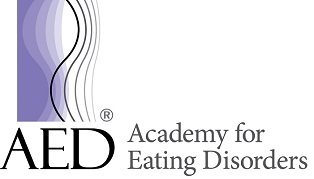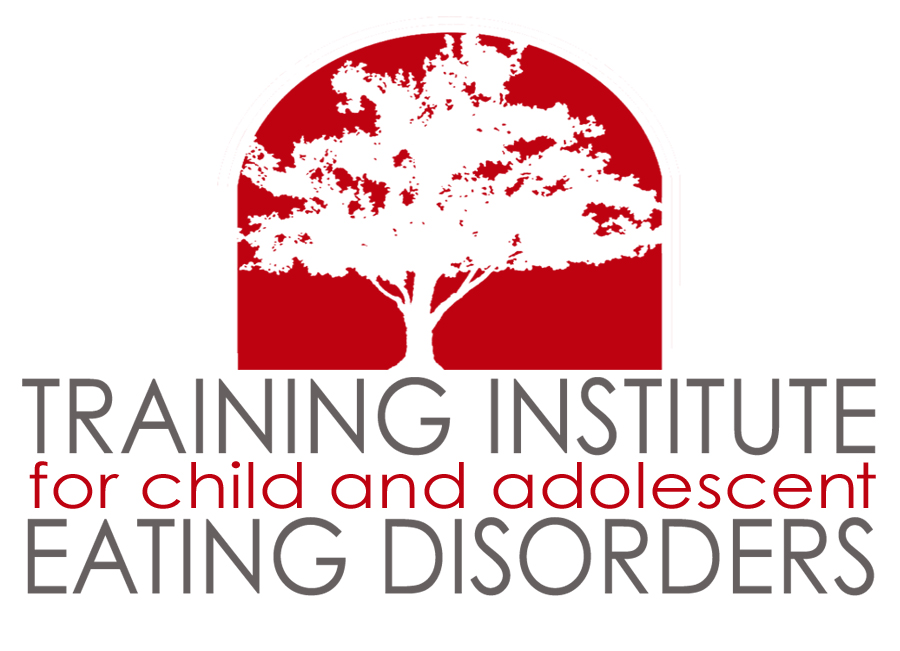What is Orthorexia Nervosa?
Orthorexia nervosa is a term used to describe an unhealthy obsession with consuming only “pure” or “healthy” foods. While not officially recognized as an eating disorder in diagnostic manuals, orthorexia can have similar consequences and share traits with recognized eating disorders. People with orthorexia may become overly preoccupied with the quality and purity of their food, rigidly following strict dietary rules, and avoiding foods they perceive as “unhealthy” or “impure.”
This fixation on “clean eating” can lead to social isolation, malnutrition, and a decreased quality of life. Orthorexia may also result in anxiety and feelings of guilt or shame when deviating from self-imposed dietary rules. Treatment for orthorexia typically involves addressing the underlying psychological factors, promoting a more balanced and flexible approach to eating, and providing guidance on proper nutrition.
What Causes Orthorexia Nervosa?

The exact causes of orthorexia nervosa are not well understood, but several factors may contribute to its development:
- Societal and cultural influences: Emphasis on “clean eating” and wellness culture can promote idealized health and purity through food.
- Personality traits: Perfectionistic tendencies, obsessive-compulsive traits, or a high need for control may increase susceptibility.
- Psychological factors: Anxiety, low self-esteem, or a history of disordered eating can predispose individuals to orthorexia.
- Environmental factors: Exposure to specific dietary beliefs, trends, or communities promoting rigid food rules or extreme dietary restrictions.
- Genetic predisposition: A family history of eating disorders may increase the likelihood of developing orthorexia.
These factors do not guarantee the development of orthorexia but can increase an individual’s vulnerability, and a combination of factors may contribute to the condition in different individuals.
How We Treat
Resilience DBT & Eating Recovery are a team of Outpatient Eating Disorder Therapists in New Jersey, Florida, Maryland. Since Orthorexia Nervosa is not yet an official diagnosis and therefore lacks specific criterion, people frequently are misdiagnosed with other eating disorders and don’t receive the proper treatment. Resilience Therapy Collaborative has constructed services that bring lasting benefits by working with emotional regulation, distress, tolerance, core mindfulness, and interpersonal skills. Dialectical Behavior Therapy is primarily utilized to address symptoms that are endured with Orthorexia Nervosa.
Health Risks Associated With
Orthorexia Nervosa
At Resilience DBT & Eating Recovery, we provide Orthorexia Nervosa treatment for young adults, and adults.
The risks associated with orthorexia nervosa include:
- Malnutrition: Restricting food intake and avoiding certain food groups can lead to inadequate nutrient intake, causing deficiencies and related health issues.
- Impaired immune system: Malnutrition can weaken the immune system, making individuals more susceptible to infections and illnesses.
- Mental health issues: Orthorexia can contribute to anxiety, depression, guilt, and obsessive thoughts about food and health.
- Social isolation: Strict food rules and avoidance of social situations involving food can lead to isolation and a decreased quality of life.
- Increased risk of other eating disorders: Orthorexia can progress to or co-occur with other eating disorders, such as anorexia nervosa or bulimia nervosa.
- Disordered eating patterns: Orthorexia can disrupt normal hunger and satiety cues, leading to unhealthy eating habits.
- Physical complications: Malnutrition and lack of essential nutrients can result in various health issues, such as fatigue, hormonal imbalances, and poor bone health.
Addressing orthorexia and promoting a more balanced approach to eating and nutrition is essential to mitigate these risks and improve overall well-being.
Our Treatment Methods
effective recovery is one step away
The Resilience DBT & Eating Recovery Program offers expert assessment and evidenced-based treatment for the full range of eating disorders and body image problems. We are experienced and certified to treat pediatric, adolescent, and adult eating disorders with boys and girls, and with men and women. We are trained to recognize the biological and brain-based underpinnings of eating disorders and utilize the Evidenced-Based treatments – Family-Based Therapy (FBT) or Maudsley Approach, CBT-E, and DBT for Eating Disorders. Parents are always included as an essential and an integral part of a child or teen’s recovery from an eating disorder.
FAMILY BASED TREATMENT (FBT)
Family-Based Treatment (FBT) stands as the gold standard for addressing eating disorders in children and adolescents, particularly for early-onset cases of anorexia, bulimia, and ARFID (Avoidant Restrictive Food Intake Disorder). FBT is now recognized as the first line of treatment.
This approach places parents at the forefront of their child’s re-nourishment and weight restoration process, guided by a certified FBT practitioner and in collaboration with an outpatient pediatrician or adolescent medicine specialist. The child or adolescent, alongside their parents, undergo a thorough screening to ensure their suitability for this protocol, which is conducted in the least restrictive environment – the comfort of your home!


Cognitive Behavioral Therapy (CBT-E)
At Resilience Therapy, we specialize in Cognitive Behavioral Therapy Enhanced (CBT-E) to support children, teens, and adolescents struggling with eating disorders. Our compassionate and highly skilled therapists are dedicated to helping your loved ones develop resilience and overcome challenges associated with various eating disorders, such as anorexia nervosa, bulimia nervosa, binge-eating disorder, and other specified feeding or eating disorders (OSFED).
We understand that each individual’s experience is unique, and that’s why our approach to CBT-E is tailored to meet the specific needs of our clients across all age groups. Our therapy sessions are time-limited, structured, and goal-oriented, typically involving individual sessions with a therapist.
Dialectical Behavior Therapy for Eating Disorders (DBT-ED)
Dialectical Behavior Therapy for Eating Disorders is an eating disorder treatment we use for adults who struggle with co-occuring mental health issues and an eating disorder.
DBT-ED is the treatment of choice for individuals that struggle with co-occurring mental health issues in addition to the eating disorder; such as depression, anxiety, suicidal ideation or PTSD. This comprehensive treatment method addresses the complexity of these mental health issues, in concert, prioritizing the most dangerous symptoms first. DBT Skills Training is excellent method for follow-up Aftercare and Relapse Prevention after a residential or intensive Eating Disorder treatment program.


Expressive Arts Therapies
Expressive Arts therapies are powerful and effective modalities in the treatment of eating disorders. Unexpressed emotions and thoughts out of awareness, interfere with true recovery. Art Therapy, Dance/Movement Therapy, music, and psychodramatic role-play make emotions, bodily-felt sensations, and cognition more accessible. Once emotions and thoughts are accessible, one can better utilize the problem solving methods in CBT and DBT.
How We Treat
Explore the benefits of an evidence-based approach to therapy
Family Based Treatment (FBT)
FBT, or the Maudsley approach, is a Gold Standard treatment. FBT is a culturally-sensitive method that keeps a child in their family environment.
Cognitive Behavioral Therapy (CBT-E)
We specialize in Cognitive Behavioral Therapy Enhanced (CBT-E) to support children, teens, and adolescents struggling with eating disorders
Comprehensive Dialectical Behavior Therapy (DBT)
Our compassionate and highly skilled therapists are dedicated to helping your loved ones develop emotional resilience, improve their self-esteem, and overcome challenges associated with various eating disorders.
How do I begin?
Our team is dually and expertly trained in the Treatment of Eating Disorders and DBT for Mental Health. Our Evidenced-Based approaches include FBT, CBT-E, DBT-ED, and Comprehensive DBT for co-occurring mental health conditions. Our outpatient practice has helped Children, Teens and Adults achieve full Eating Disorder Recovery and Mental Health Stability for over 25 years.
1
Schedule your 15 minute free phone consultation
This phone screening is highly confidential to help determine if coming to the Resilience practice is the best course for you or your loved one.
2
Complete an Expert and Comprehensive Intake
During your intake appointment we will gather more information to identify your stressors and needs. And work with you to develop your resilience treatment plan.
3
Get connected with Your Personalized Care Team
Meet with a practitioner to get started on your journey of healing and wellness you know you deserve.









